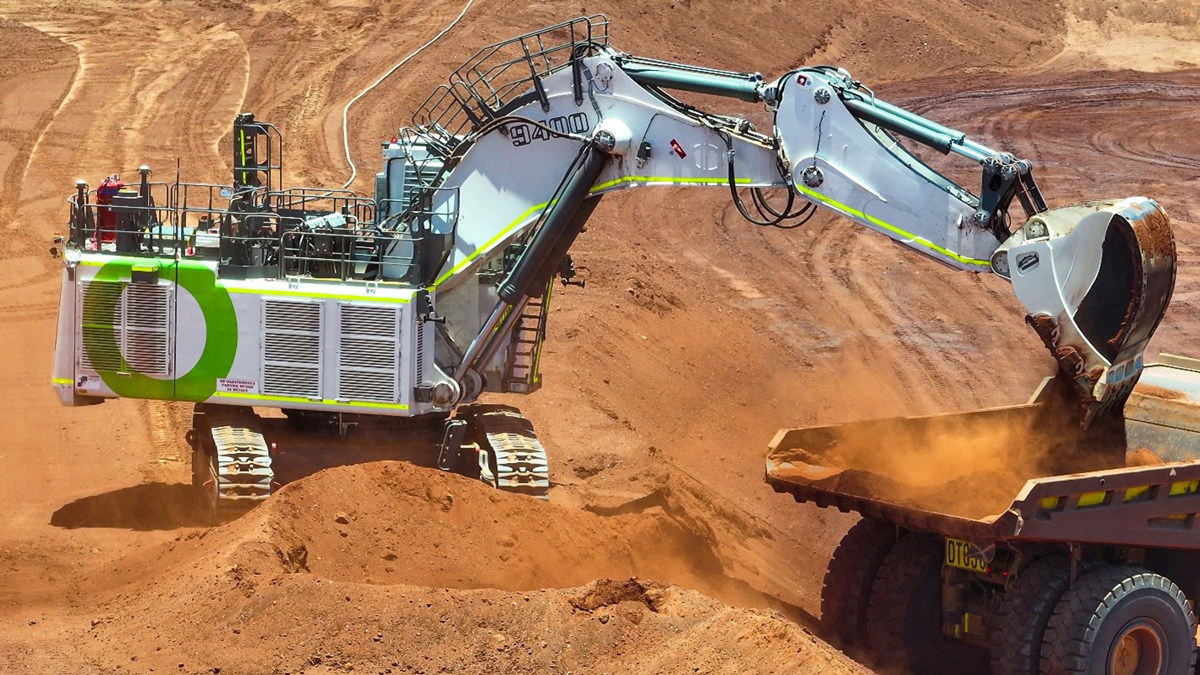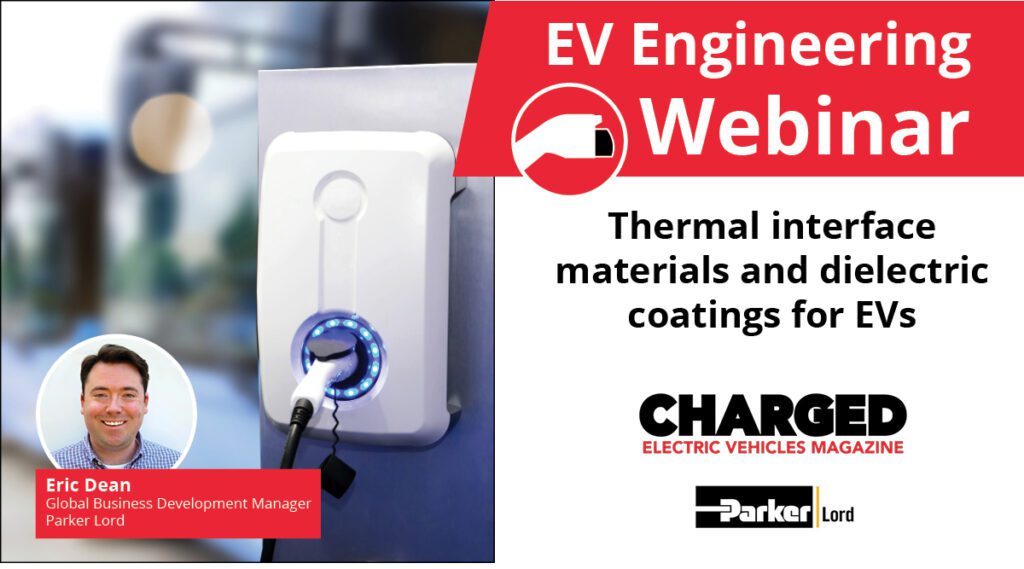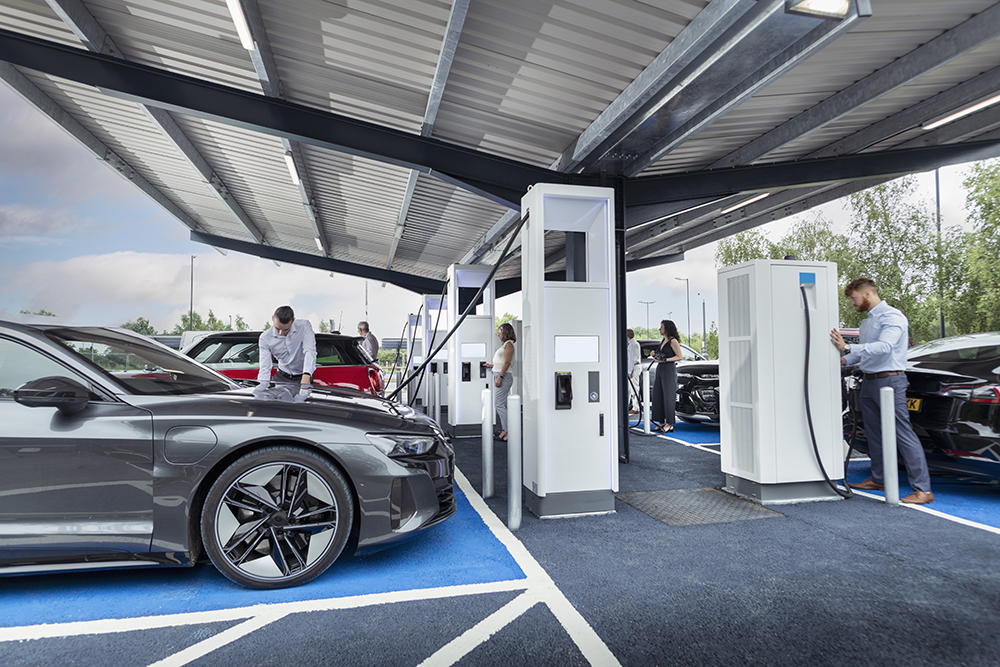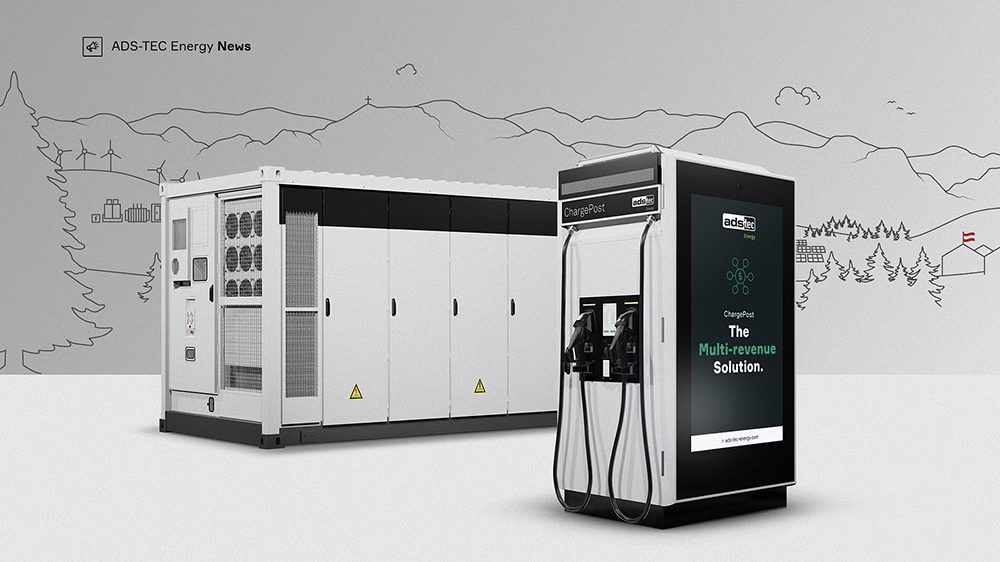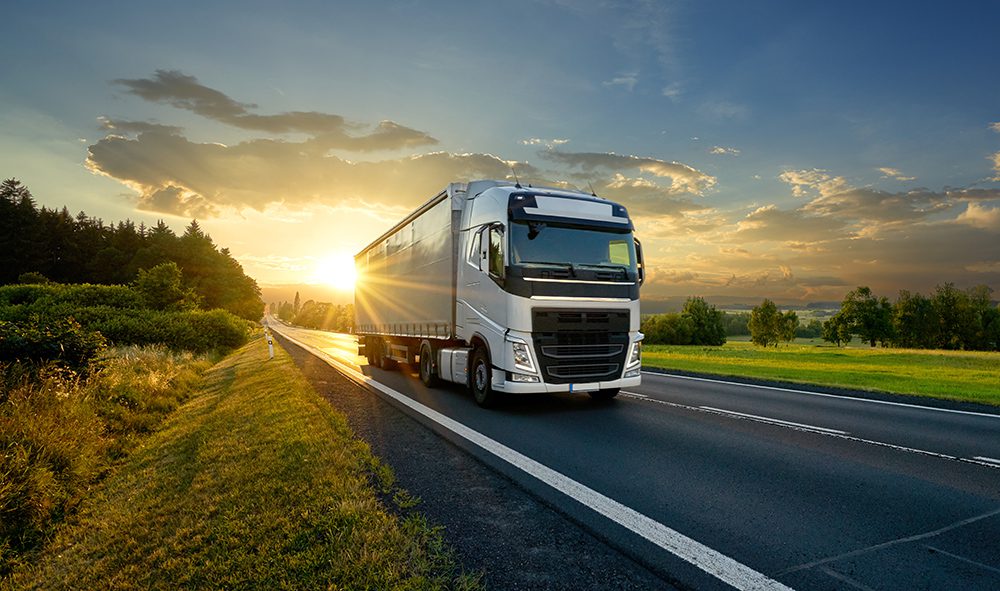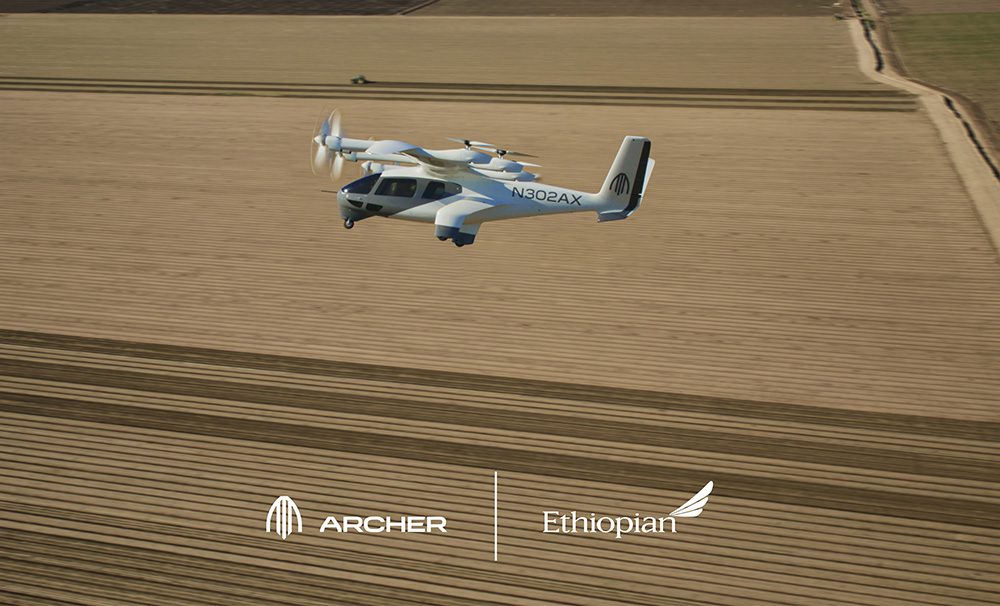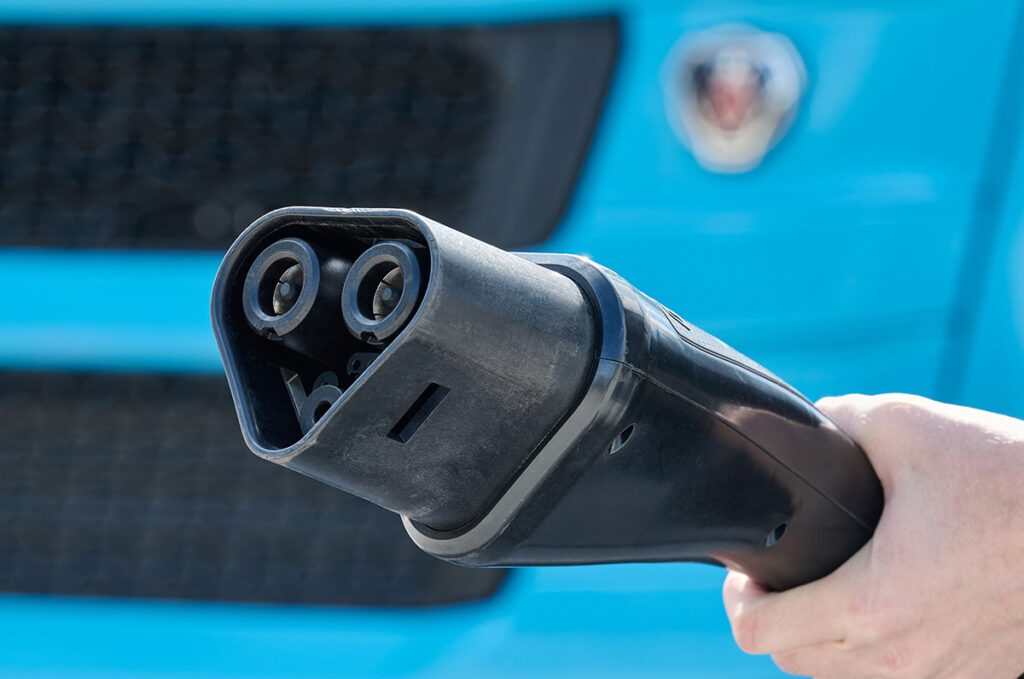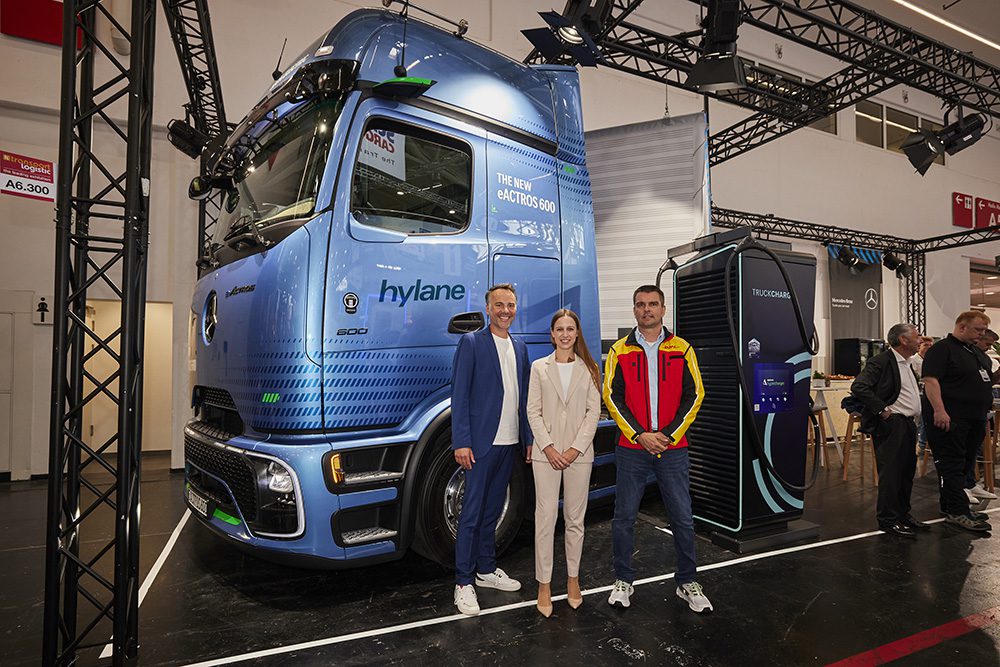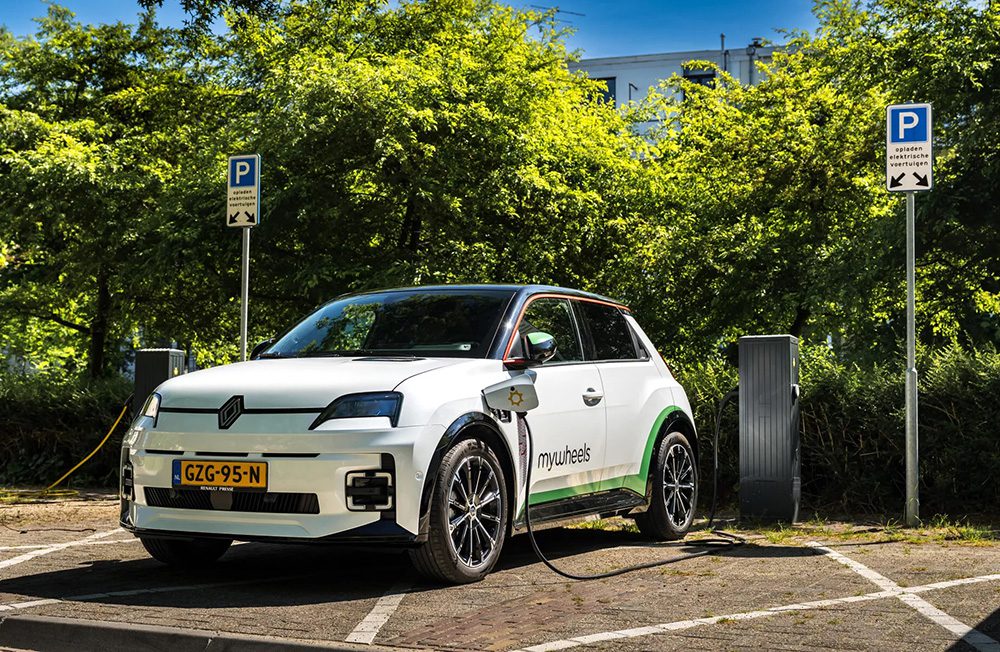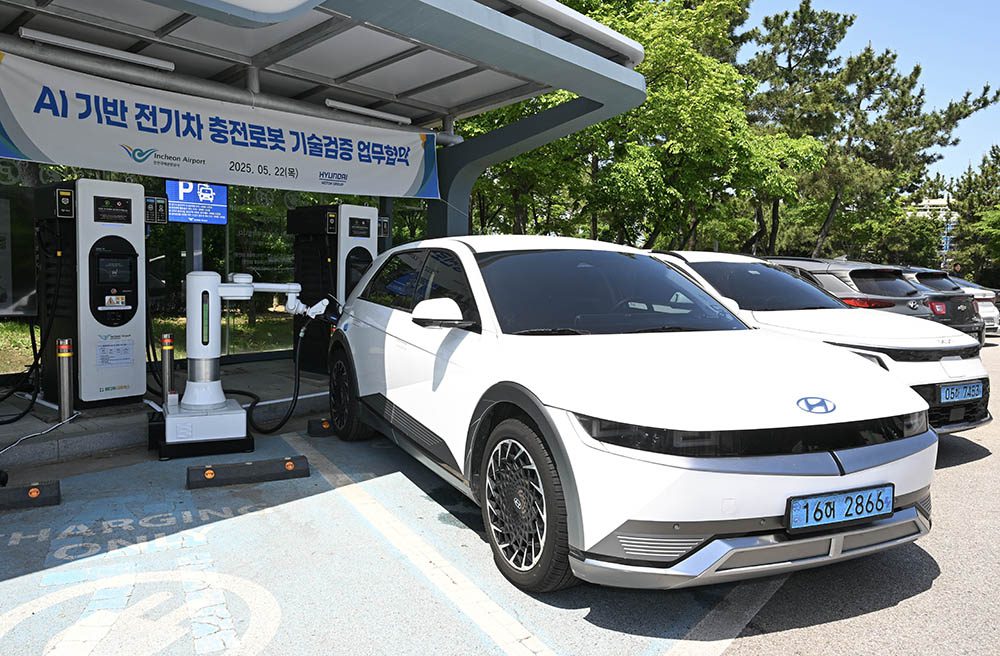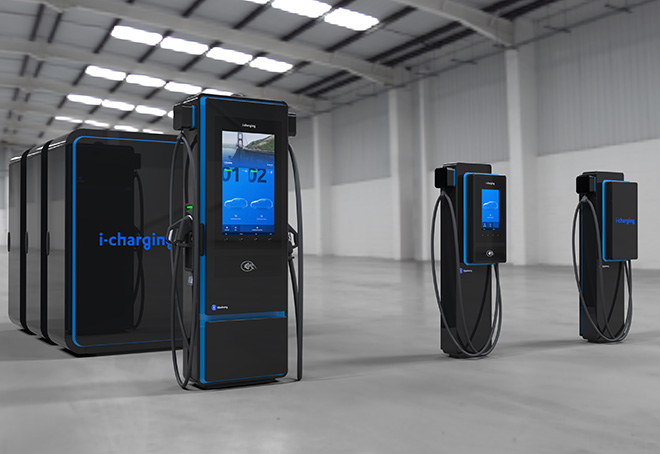Australian mining giant Fortescue has been testing an electric excavator at its Chichester operation site. Over the past three months, the excavator has been running at partial capacity while the site team familiarized themselves with the new piece of equipment. Now the e-excavator is operating at full speed, and has reached the milestone of one million tonnes of rock moved since it became operational.
Fortescue says the excavator’s performance continues to steadily improve, and at times it performs better than its diesel equivalent.
Fortescue worked with Liebherr to convert several diesel excavators to run on electric powertrains. “The modular design of Liebherr equipment makes it possible to repower existing diesel excavators to new zero-emission configurations, such as electric powertrains,” said Liebherr Mining Executive VP Oliver Weiss. “This means that the diesel equipment customers buy today is also future-proofed for many years to come.”
Fortescue is testing a couple of different ways to get power to the work sites. The machine in use at Chichester is partially powered by a solar installation. Fortescue installed a 6.6 kV substation and more than two kilometers of high-voltage trailing cable. At another site, the company is testing a hydrogen fuel cell-powered e-excavator.
Fortescue says it plans to deploy more than one gigawatt of solar, another gigawatt of wind energy, and around four gigawatt-hours of battery storage in its quest to reach zero emissions for its iron ore mining operations. The company’s fleet of mining equipment that will eventually be electrified includes 80 excavators, 350 haul trucks and 70 drills.
“We will have two additional electric excavators commissioned by the end of April,” said Fortescue Metals CEO Dino Otranto. “Once we decarbonize our entire fleet, around 95 million liters of diesel will be removed from our operations every year.”
Fortescue also has a 240-tonne battery-electric haul truck prototype called Roadrunner in on-site testing. “Roadrunner recently completed its first phase of testing, which exceeded the performance expectations of the battery power system. This included laps around our testing track and ramp tests with hill starts, all while carrying 231 tonnes of iron ore,” Mr. Otranto said.
Sources: Fortescue, Liebherr, International Mining, The Driven






